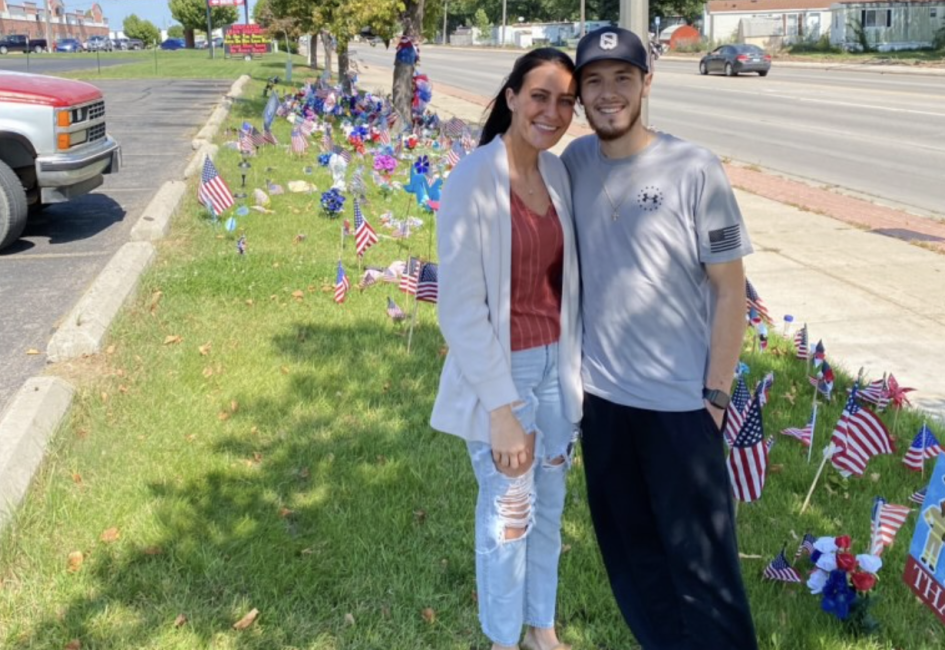Overall, the results provide strong empirical support for the effectiveness of the Warrior PATHH training program in promoting posttraumatic growth, positive affect, and the integration of stressful experiences...
Abstract
Introduction: Exposure to trauma among U.S. military veterans occurs at a high rate, often resulting in continued difficulty with emotional adjustment and a diagnosis of posttraumatic stress disorder (PTSD). The present study provides data from 184 U.S. military veterans who completed a manualized posttraumatic-growth oriented training program during an integrative seven-day retreat.
Methods: Data was collected at baseline, after program completion, and at 18-month follow-up.
Results: Results on primary outcomes indicated significant increases, with medium to large effect sizes, in growth related outcomes.
- Specifically, there was a significant increase in scores by 54% on the posttraumatic growth outcome measure (PTGI-X) from baseline (M = 50.2, SD = 31.1) to endpoint (M = 77.4, SD = 29.6), t(183) = −8.78, p < 0.001.
- Results indicate that immediately following training (Day 7), participants reported a significant decrease of 49% on the PCL-5 from baseline (M = 39.7, SD = 17.6) to endpoint (M = 20.1, SD = 13.2), t(183) = 11.75, p < 0.001.
- Depression subscale scores decreased by 60% from baseline (M = 8.0, SD = 5.2) to endpoint (M = 3.2, SD = 3.0), t(183) = 10.68, p < 0.001.
- Anxiety scores decreased by 28% from baseline (M = 5.8, SD = 4.3) to endpoint (M = 4.2, SD = 3.5), t(183) = 4.08, p < 0.001.
- Stress scores decreased by 50% from baseline (M = 10.0, SD = 4.4) to endpoint (M = 5.0, SD = 3.3), t(183) = 12.21, p < 0.001.
- Eighteen-month follow-up data was available for 74 participants and indicated that all significant changes in growth-related outcomes were maintained. Further, all significant changes in symptomatology-related outcomes were also maintained at follow-up.
Discussion: These findings demonstrate both the immediate and the long-lasting impact of an integrative posttraumatic growth-oriented training program on psychological growth and PTSD symptom reduction among U.S. military veterans.
Read the Article “Posttraumatic growth-oriented peer-based training among U.S. veterans: evaluation of post-intervention and long-term follow-up outcomes” https://doi.org/10.3389/fpsyg.2023.1322837
Please note, subscription may be required to gain access to the full article.
It is very noteworthy that participants reported significant reduction of PTSD symptomatology (49%)...Additional significant reductions were found for depression (60%), anxiety (28%), and stress (50%)...
Give strength & hope to those who serve
Your support powers life-changing programs offered at no charge to veterans, military, first responders, and their families. With your help, our Warriors won't just survive — they'll thrive.

